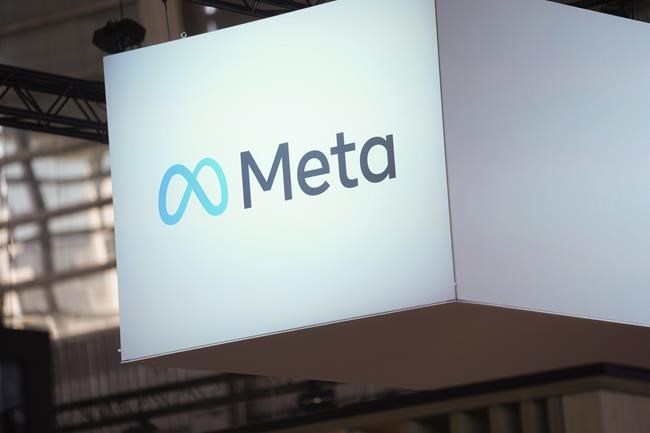OTTAWA — A bill aimed at getting tech giants such as Meta and Google to pay publishers for news that appears on their platforms is one step closer to becoming law.
Bill C-18, also known as the online streaming act, has passed third reading in the Senate with about a dozen amendments, the majority of which the government agrees with.
The legislation will require Meta and Google to enter into agreements with news publishers to pay them for news content that appears on their sites if it helps the tech giants generate money.
The Liberal government says the bill will create a level playing field between the two companies, which dominate online advertising, and the shrinking news industry.
Both Meta and Google say they are considering removing news from their platforms in Canada should the bill pass.
The Liberal government is now set to review the Senate's amendments, with the bill likely facing a final vote in the House of Commons next week.
"I deplore the threats of the tech giants," Sen. Donna Dasko said during a speech in the Senate before the vote on Thursday.
"Despite (C-18's) flaws, it's our only hope — in this particular time — to help this industry that's vital to our democracy."
A Senate amendment that the government disagrees with would change the bargaining process, requiring parties at the negotiating table to determine the value that each derives from news content.
Other Senate amendments include one that would cause the bill to come into force six months after its passage, and another that would require the issuance of fines if confidential information is revealed outside of arbitration.
Meta, which is currently blocking news on Facebook and Instagram in Canada for a small fraction of its Canadian users, said it would remove news permanently if the bill passes.
Google is considering a similar move, but has not yet made a decision.
"We're very concerned about the path we're on and have been urgently seeking to work with the government on a compromise that would avoid a negative outcome for Canadians and clear the path for us to maintain and build on our investments in the Canadian news ecosystem," said Google spokesperson Shay Purdy.
Meta declined a request for comment on the Senate vote Thursday.
Canadian Heritage Minister Pablo Rodriguez thanked the senators for their work on Thursday.
"We’ll take time to review the final version with all proposed amendments," Rodriguez said in a statement.
"At the end of the day, we want to make sure Canada has a free and independent press. It's fundamental to our democracy.“
This report by The Canadian Press was first published June 15, 2023.
———
Meta funds a limited number of fellowships that support emerging journalists at The Canadian Press.
Mickey Djuric, The Canadian Press



